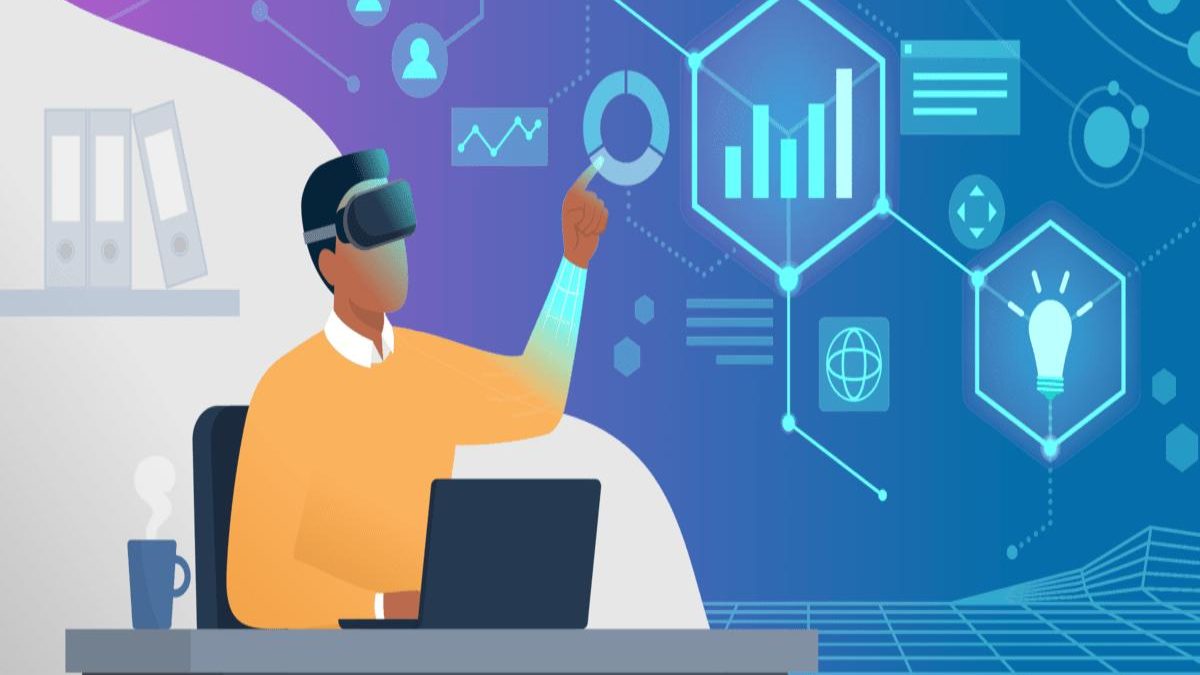The technological landscape is a relentless, ever-shifting terrain. What was cutting-edge yesterday can become legacy today, and the skills that propelled a career forward five years ago might now barely register on an employer’s radar. In this dynamic environment, the concept of a “finished” education is now unheard of. For professionals navigating fast-evolving tech careers, continuous learning isn’t merely beneficial, it is imperative, the bedrock upon which sustained success, relevance, and innovation are built.
The following are some reasons why continuous learning plays an essential role in the ever-evolving field of tech careers.
Table of Contents
The Relentless Pace of Technological Evolution
The digital age is characterized by exponential growth and disruption. New programming languages emerge, frameworks deprecate, cloud platforms introduce groundbreaking services, and entire paradigms shift at a blistering pace. This relentless evolution means that the “half-life” of technical knowledge is shrinking.
A computer science degree from a decade ago, while providing foundational principles, simply cannot equip an individual for the specific challenges and tools of today’s industry without significant, ongoing supplementation. Professionals who fail to keep pace risk becoming obsolete, their once-valuable skill sets diminishing in market value.
Why Continuous Learning Isn’t Optional, It’s Essential
Beyond simply avoiding obsolescence, embracing continuous learning unlocks a multitude of benefits critical for tech career longevity and growth.
- Staying Relevant & Marketable: For developers, data scientists, intelligence analysts, cybersecurity experts, or UI/UX designers, the latest tools, methodologies, and best practices are non-negotiable. Ongoing learning ensures your resume remains competitive, showcasing a proactive mindset and a current skill set that employers actively seek.
- Unlocking New Opportunities: Continuous learning isn’t just about updating existing skills; it’s about acquiring entirely new ones. This opens doors to new specializations, allows for pivots into emerging fields, and positions individuals for roles that didn’t even exist a few years prior, driving career growth and diversification.
- Driving Innovation & Problem Solving: A broader, deeper understanding of various technologies and approaches— like what would be found in an applied technology degree— equips professionals with a richer toolkit for problem-solving. It fosters a more innovative mindset, enabling them to devise creative solutions, optimize processes, and contribute meaningfully to product development and strategic initiatives.
- Career Advancement & Leadership: Those who consistently learn and adapt demonstrate initiative, resilience, and a commitment to professional excellence. These qualities are highly valued in leadership roles, where guiding teams through technological change requires not just management skills, but a solid grasp of evolving technical realities.
Practical Strategies for Cultivating a Learning Mindset
Integrating continuous learning into a demanding tech career requires intentionality and practical strategies.
- Structured Learning: Leverage online platforms like Coursera, edX, Udacity, or Pluralsight for structured courses and specializations. Pursuing industry certifications that validate expertise in specific domains. Bootcamps can offer intensive, focused learning for career transitions or skill acquisition.
- Hands-on Application: Theoretical knowledge is vital, but practical application solidifies understanding. Engage in personal coding projects, contribute to open-source initiatives, or take on challenging tasks at work that push the boundaries of your current skill set. Building and breaking things is a powerful learning accelerator.
- Community & Networking: Attend industry conferences, local meetups, and online forums. These avenues provide opportunities to learn from peers, engage with thought leaders, and stay abreast of emerging trends. Mentorship, whether formal or informal, offers invaluable guidance and insights.
- Curated Content Consumption: Dedicate time to reading technical blogs, subscribing to expert newsletters, listening to industry podcasts, and following influential figures on social media. Learning to curate your information sources helps cut through the noise and focus on quality content.
Beyond the Code: Soft Skills and Personal Growth
Continuous learning in tech isn’t solely about mastering algorithms or deployment pipelines. It also encompasses the refinement of crucial soft skills and the cultivation of a growth mindset. Adaptability, resilience, critical thinking, problem-solving, and effective communication are all honed through the process of grappling with new concepts and integrating them.
Learning challenging new technologies demands perseverance, fosters creativity, and strengthens one’s ability to approach complex problems systematically.
Navigating the Challenges of Perpetual Learning
While essential, continuous learning presents its own set of challenges, primarily information overload, time constraints, and the risk of burnout.
- Information Overload: The sheer volume of new information can be paralyzing. To overcome this, focus on fundamentals first, then branch out. Prioritize learning that directly impacts your current role or aligns with your career goals. Aim for depth in key areas and a broad understanding elsewhere.
- Time Constraints: Juggling demanding work, personal life, and learning can feel impossible. Break down learning into smaller, manageable chunks.
Conclusions
In the world of technology, formal education is merely the starting line, not the finish line. Continuous learning is the fuel that powers a successful and fulfilling tech career, allowing professionals to not only keep pace but to actively shape the future. By intentionally cultivating a learning mindset, tech professionals can ensure their skills remain sharp, their innovations impactful, and their careers resilient in the face of relentless change.
Also read: The Essential Features of Effective Case Management Software

